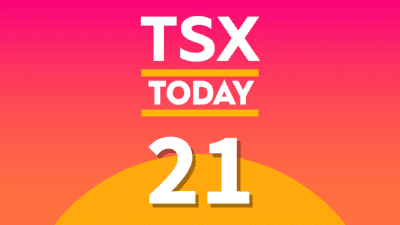Value investing is one of the most popular investing strategies out there. These investors attempt to find companies trading at share prices lower than what their fundamentals entail. The goal is to buy one of these stocks before the market realizes their true value and prices them higher
Some of the greatest investors in history (like Warren Buffett) made their fortunes buying stocks of underpriced companies and holding them long-term. If you’re interested in picking some potentially undervalued stocks, you can find some excellent picks from the other Foolish writers. However, I’m a passive investor, and only invest using exchange-traded funds, or ETFs.
If you’re a beginner, starting your value investing journey using a value ETF can be a good idea. This way, you get access to a portfolio of value stocks managed on your behalf by professionals. Later, you can start adding your own picks to it. This is a great way to benchmark and compare your performance. Let’s take a look at my favourite value ETF today.
What is a value ETF?
An ETF is a fund that can hold a basket of different assets, including stocks, bonds, or even commodities. Shares of ETFs trade on exchanges like stocks, with bid/ask prices. When investors buy a share of an ETF, they gain exposure to all of its underlying assets.
A value ETF is simply a fund that holds a portfolio of value stocks. Value ETFs can be either active or index based. With an active value ETF, the fund manager attempts to pick stocks they think are undervalued based on various strategies. With an index value ETF, a passive set of rules and screeners select the stocks.
Either way, the point of a value ETF is to ensure exposure to stocks with value characteristics. Value ETFs often screen for low price-to-book, price-to-sales, or price-to-earnings ratios. The good ones include a profitability and earnings screen to sift out companies that are undervalued because they are in fact doing poorly (“value traps”).
My value ETF pick
I like the iShares Canadian Value Index ETF (TSX:XCV). This fund tracks the Dow Jones Canada Select Value Index, which holds a portfolio of 34 large and mid-cap Canadian stocks thought to be undervalued by the market relative to comparable companies in their sectors.
Compared to the benchmark iShares S&P/TSX 60 Index ETF (TSX:XIU), XCV does look undervalued. It has lower price-to-earnings and price-to-book ratios of 11.25 and 1.55 respectively, compared to XIU at 14.73 and 1.98. The XCV ETF is heavily concentrated in the financial (56.8%) and energy (23.8%) sectors.
Another bonus for XCV is its above-average dividend yield. On a 12-month trailing basis, the yield stands at 2.7%. This is the yield an investor would have received if they had held XCV over the previous year. In terms of fees, XCV costs an expense ratio of 0.55%, or $55 in annual fees for a $10,000 investment.
The Foolish takeaway
XCV could be a great way to dip your toes into value investing before committing to stock-picking. Using XCV as the “core” of a value portfolio is a great way to diversify. However, remember that value investing is a long-term endeavor. There have been times when growth stocks significantly outperformed value stocks. Staying the course and not chasing performance is the key to success when it comes to value investing.










